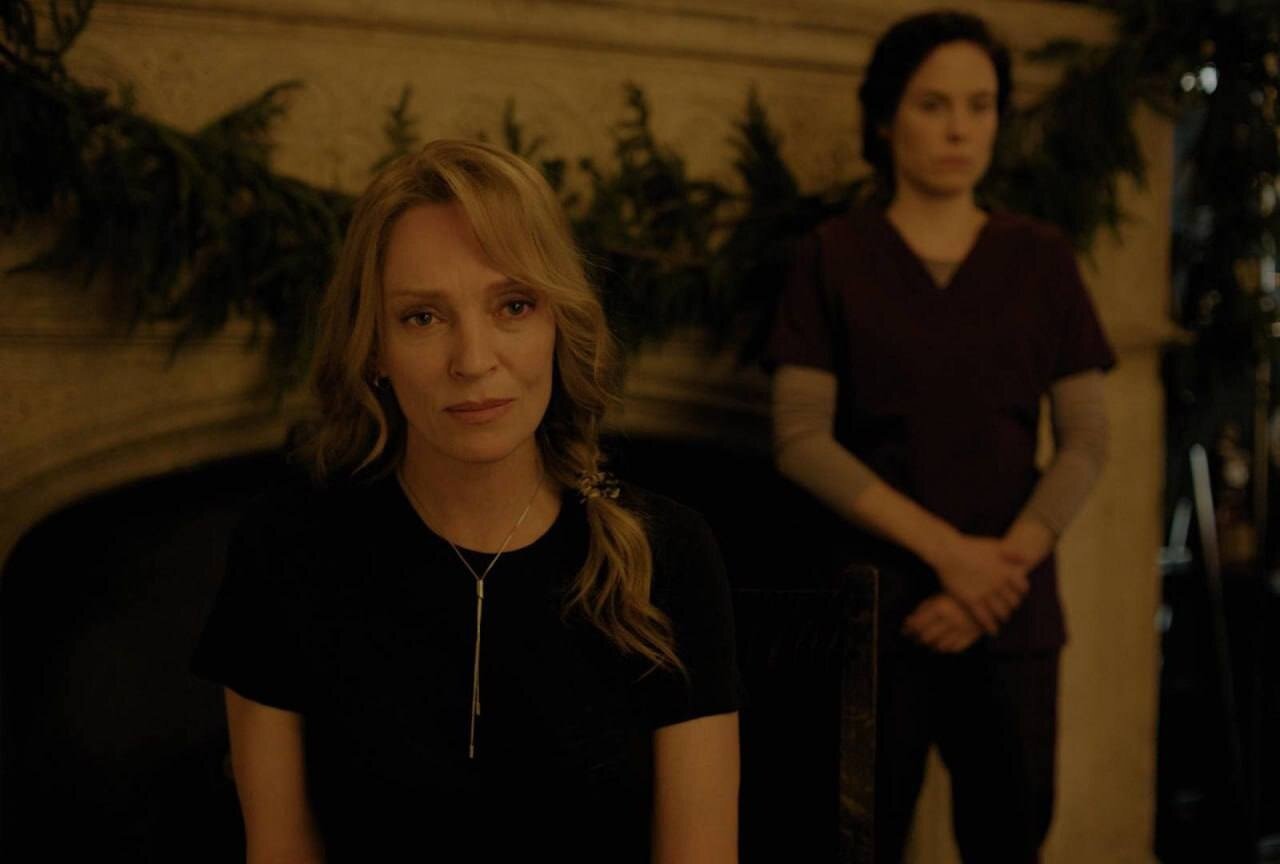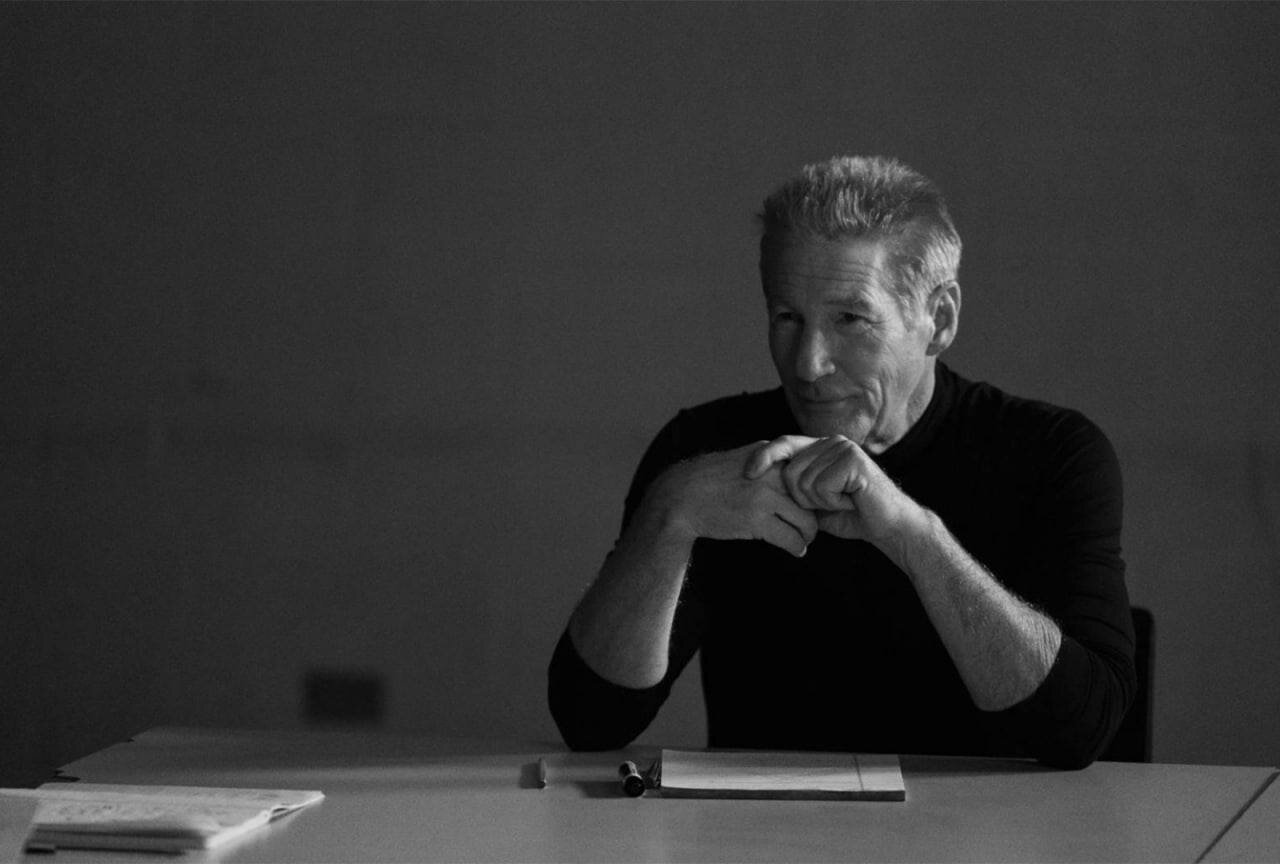«Oh Canada» - Film Review by Kinoafisha

Richard Gere on his deathbed remembers his past and love.
Undoubtedly, one of the most anticipated films at the 77th Cannes Film Festival is "Oh, Canada" by Paul Schrader, a master of American cinema. While many expected another story of a "lonely man sitting in a room," the director offers a completely different format—more classic, but with a slight tilt toward non-linear storytelling. It's unclear what's happening with experienced American filmmakers right now, but like Francis Ford Coppola, Paul Schrader shot a completely unsuccessful movie, completely cut off from time.
At the center of the plot is Leonard Fyfe, a documentary filmmaker dying of cancer in Montreal, who agrees to give a major interview to his students and admirers. In the room where the filming takes place, his wife Emma is present, and he flatly refuses to speak to the camera without her. His personal history is shrouded in mystery, so this time Leonard is ready to tell the pure truth and clear his image of any speculation.

Leonard Fyfe was happily married, and together with his wife, they were expecting their second child. He had just been offered a job at the literature faculty of a good university somewhere in the northern state, but his wife's family didn't really approve of this decision. They suggested he go into business, but young Leonard had his own plans. None of his loved ones could foresee that they wouldn't see him again for 30 years.
No, Leonard didn't run away from responsibility. This is a well-known fact to his students and admirers. He was simply one of those Americans who fled to Canada during the Vietnam War to avoid conscription. Leonard held leftist views, so he completely rejected the bloodshed and heavily criticized the American government. Of course, he had to flee, hoping that his wife and children would be safe in her father's family home.

Richard Gere plays the elderly Leonard, while Jacob Elordi portrays his younger self. Both actors surprisingly synchronize in their understanding of the documentary filmmaker's character; it truly feels like the same person in two different versions. Paul Schrader dances between them, sometimes swapping the older actor for the younger and sending him into the past. Here is Richard Gere talking to his first pregnant wife; he has already forgotten his young face, and all his memories have become distorted. His narrative is also distorted, as the interviewers and Emma don't particularly believe his confession.
To some extent, this is the same "lonely man" trope so familiar in Schrader's directorial works, including "First Reformed", "The Card Counter" and "The Comfort of Strangers". But in "Oh Canada" the character is physically among people and completely vulnerable under their gaze. At some point, the audience is supposed to feel sympathy for the man and his past, but on the other side of the screen, it feels different. It seems like an old man simply reminiscing about all his past lovers, only occasionally talking about his career. Why listen to an hour and a half of non-linear stories from some old man? Perhaps it is a kind of autobiographical confession by Schrader himself, finding echoes of himself in Russell Banks' novel "Foregone" which the film adapts. So many questions—and so few answers.

The director's choices also seem dubious. In contemporary times, seeing Richard Gere (an almost canceled actor) is very surprising, and when Schrader edits him into the past, it's almost impossible and strange to watch. Most likely, this kind of confession simply didn't stand the test of time, and if the film had been made in a different format or ten years earlier (though this is impossible, as the novel was published in 2021), the aftertaste would have been different.
